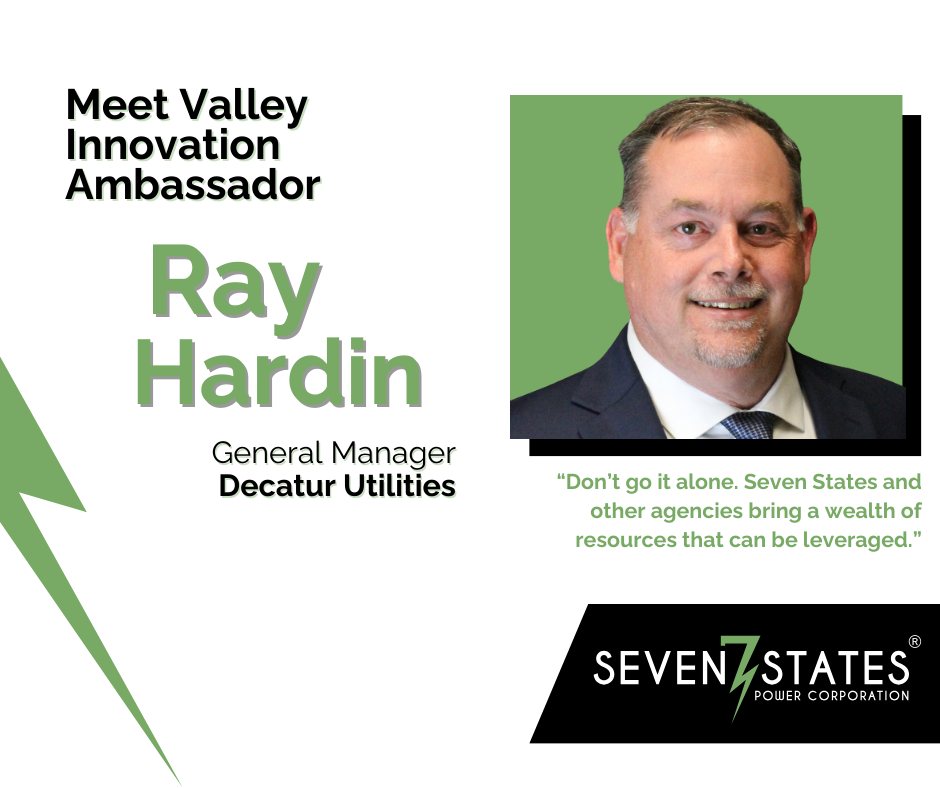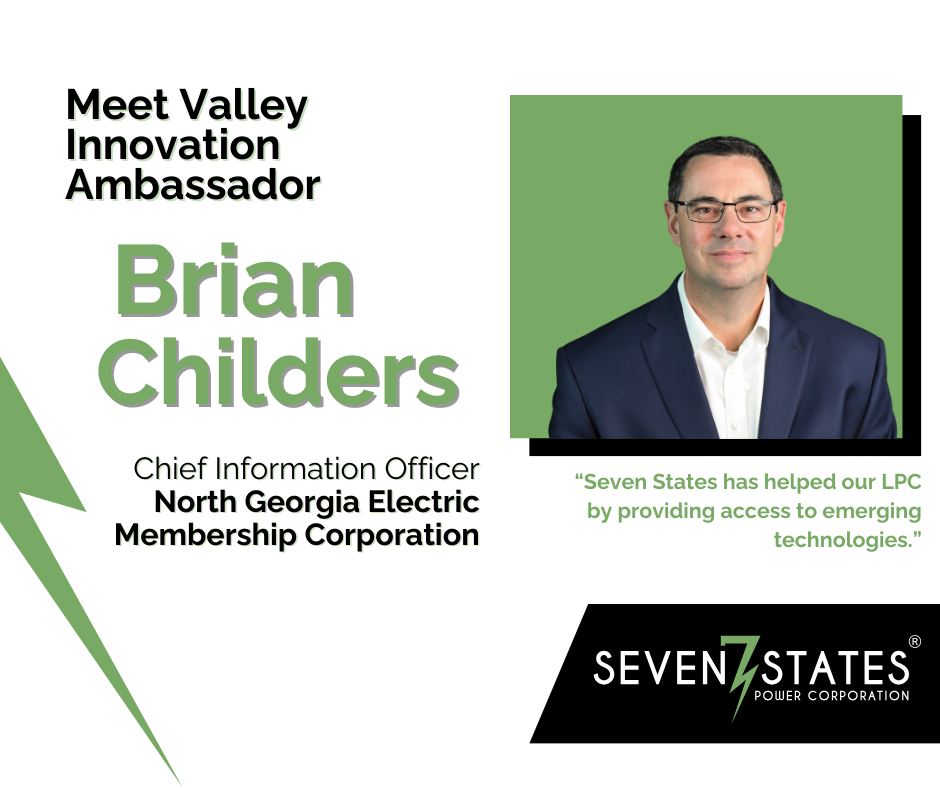
Seven States Power Corporation is pleased to announce the appointment of Kim Shumpert as Vice President of Public Relations. Shumpert brings over two decades of experience in growing the capacity and impact of multiple organizations within both the public and private sectors.
With both a bachelor’s and master’s degree in Public Administration, Shumpert brings a distinguished background in executive leadership, having guided regional economic development initiatives and directed comprehensive communication strategies across diverse platforms. Her experience includes successfully managing media relations and fostering strong partnerships. In her new role as Vice President of Public Relations, Shumpert will spearhead efforts to increase the organization’s impact, deepen stakeholder engagement, and advance the mission of empowering LPCs to meet growing consumer demand for technology and innovation in an evolving utility landscape.
“We are thrilled to welcome Kim to our team,” said Betsey Kirk McCall, Seven States President & CEO. “Her proven ability to build meaningful relationships and communicate with purpose aligns perfectly with our vision for growth and engagement.”
Shumpert joins Seven States at a pivotal time in the energy industry. Her leadership will play a crucial role in supporting Seven States Power Corporation’s ongoing commitment to leveraging technology to design, develop, and deploy forward-thinking energy solutions in partnership with LPCs and the communities they serve.
Seven States Power Corporation is a trusted partner to 153 local power companies across the Tennessee Valley, delivering customized energy and generation solutions and supporting community success through technology and innovation. To stay up to date on Seven States projects, announcements, and news, subscribe to our newsletter.




